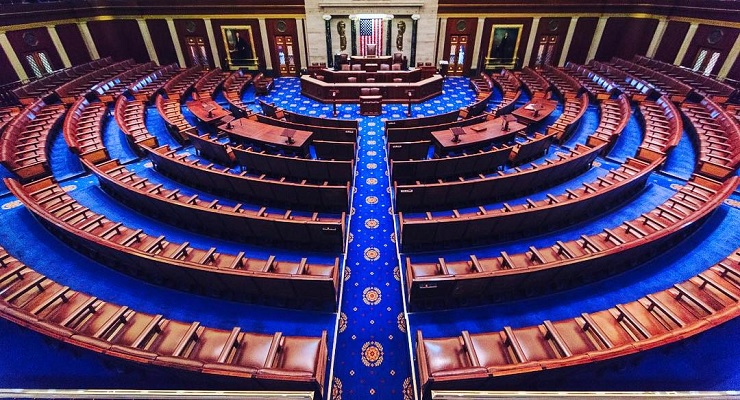
From the Center for America Progress:
Following an election in which voters told pollsters that “corruption in Washington” was their “most important” issue, a new Center for American Progress analysis finds that newly elected members of the House of Representatives are committed to fighting corruption and fixing the democratic process as top priorities. This is a commitment they demonstrated in the way they ran—and won—their campaigns.
The analysis breaks down the data on the number of candidates that committed to democracy reform policies; their reliance on small donors for support rather than corporate PACs; and the diversity of these new reform leaders. Among the key findings:
- Nearly half of the incoming House of Representatives have already committed, on the record, to supporting a series of political reform policies, such as public financing of elections, full disclosure of political spending, and removing barriers to the right to vote.
- Candidates in competitive districts that rejected corporate PAC money raised an average of 110 percent more than the winner of their district in the last midterm in 2014, demonstrating that candidates can reject special interests and still more than make up it with the support of small donors.
- In a record year for women and young people in Congress, the most diverse group of incoming House members were those who rejected special interest money and relied on small donors instead. Among new members that pledged not to accept corporate PAC money, 63 percent are women, 33 percent are people of color, and 85 percent are younger than 55—far outpacing the predominantly old, white, and male incumbents that they replaced.
“The new House of Representatives is likely to pass the most sweeping anti-corruption and pro-democracy legislation since at least the 1970s,” said Alex Tausanovitch, associate director of Democracy and Government Reform at the Center for American Progress. “A lot of the energy for that is coming from a new set of leaders who were willing to put their money where their mouth is and forgo special interest money in their campaigns. Voters are demanding that Congress fix a system that they view as rigged against them—and they are sending representatives to Congress that will commit to getting that done.”
Leave a Reply